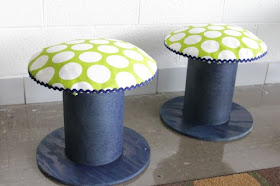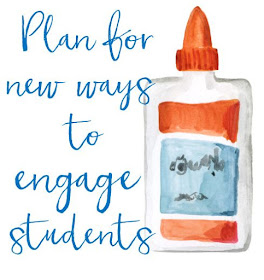With the
dog days of summer nearly behind us, it’s time to start thinking in earnest
about the coming school year – and the students with whom we get to spend the
next 10 months. So without further ado, here’s my final word on the 10 Things
To Do This Summer To Make Next Year Easier.
A few
weeks before school starts, I like to send a letter to my students. It can be
fairly simple – just a note that demonstrates how excited I am about the year
ahead, and how seriously I take learning. In my letter, I try to give students
some insight into what they’ll be learning and how my classroom is structured.
I also make sure to let them know that parents play a critical role in its
function. They need to know that parents will be a part of their success!
If you’ve
also taken the time to send a letter to parents (see Day 9), you’ll have hit
all the most important communication bases, and made a powerful first
impression to boot!
I hope
you’ve had a positive and productive summer! If you’ve made it through all the
suggestions in the 10 Things series, you’re already off and running. Good luck
and best wishes for a positive school year!
Wait! I almost forgot! Have you signed up for the Brain Waves Instruction newsletter? It's filled with a TON of EXCLUSIVE FREEBIES that will make teaching a blast this school year. Just click here and you'll receive a set of 5 creative writing resources instantly!
Thanks for stopping by!
Mary Beth
Find every tip for Making Your Next School Easier by clicking each tip below:
Want to share these tips with other teachers? Just pin the image below!





































